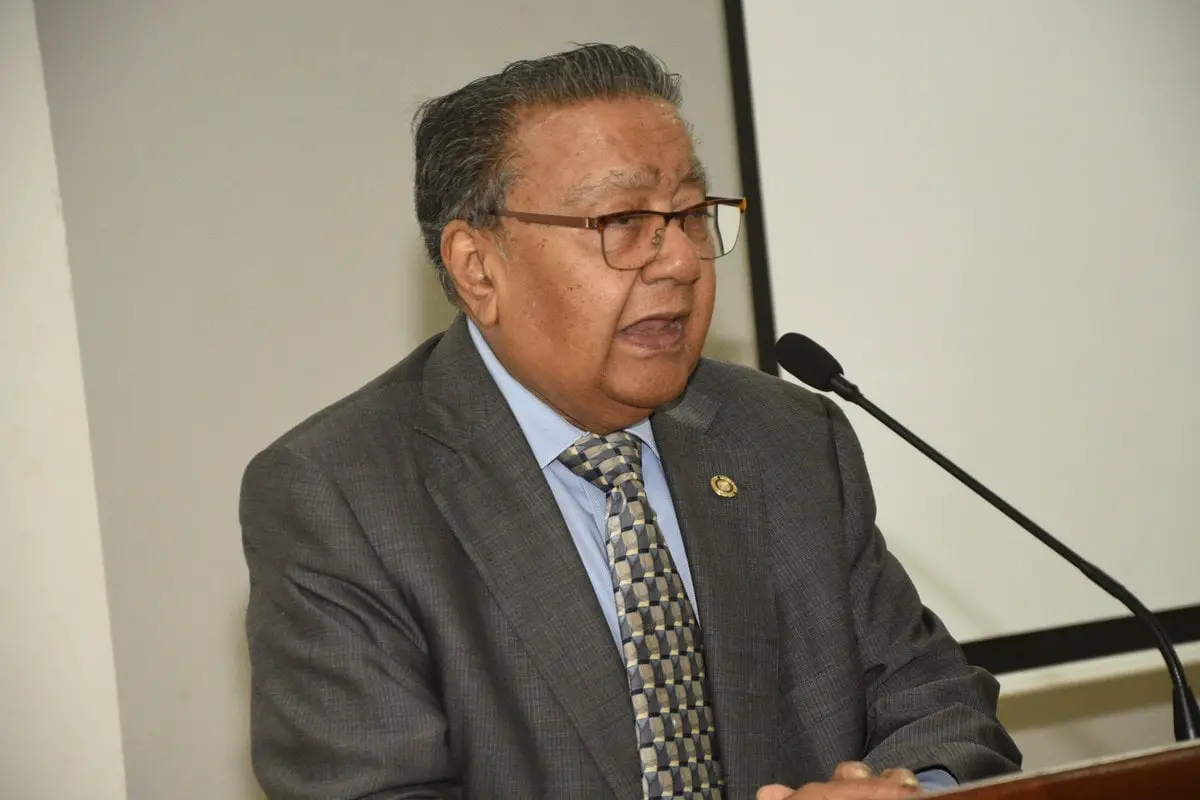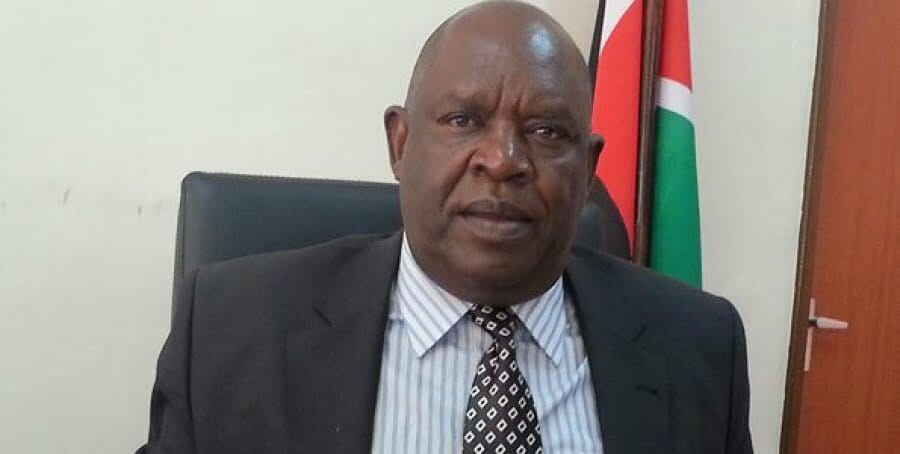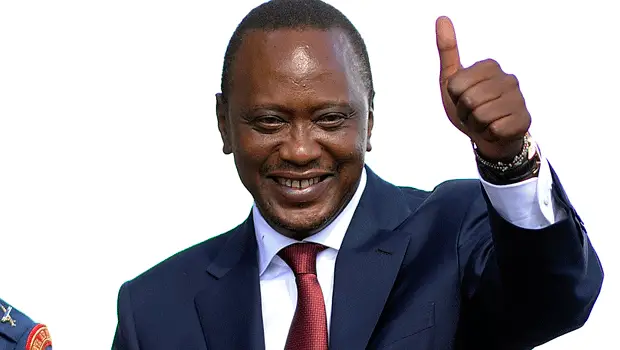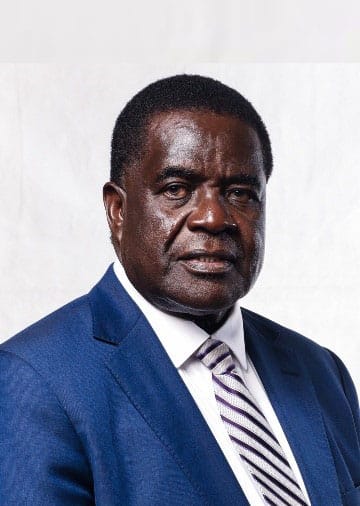
If Kenyans had any doubts that we are yet to fully comprehend what drives Kenya’s so-called respected business gurus, then we got our answer last week as media reports emerged that Kaluworks Limited, an established family firm owned by billionaire Manu Chandaria, had been placed under receivership by the NCBA, with effect from 27th May 2021, over non-payment of KSh4.3 billion debt. According to media reports, The bank appointed Pongangipalli Rao as the receiver-manager, seeking to either turn around the firm or protect its assets.
The receivership comes only months after several lenders, like I&M Bank, scrambled for auctioneers and debt collectors to auction multimillion-dollar properties, which included residential and commercial complexes that had been used to guarantee loans for Kaluworks after the firm failed to honour its obligation.
More shock was when top insurance company Sanlam reported that Kaluworks had refused to pay back some Sh169 million that the insurance company had loaned Kaluworks by way of a commercial paper.
What is dramatic about these reports is that they came just days after the Kaluworks kingpin Manu Chandaria was hosted by a popular TV talk show where he talked about his humble life and what inspires him and his philanthropy. He waxed lyrical about being inspired by Gandhian values of Mahatma Gandhi. He even hosted Mother Theresa in his home when she visited Kenya.
His host at the TV talk show was running out of superlatives to describe Chandaria, which is not entirely unexpected of Kenya’s TV talk shows which have lately become the playground for not only the best but also the worst of society.
For a billionaire who now prefers to be referred to as a philanthropist more than a businessman, reports that he is defaulting on relatively modest obligations such as the Sh169 million loan he owes Sanlam Insurance is a contradiction if not outrightly confusing.
It can only mean two things; either the so-called billionaire is nothing but a shrewd make-believe artist who has managed to fool everyone that he is worth more than he actually is, or that he is a swindler who borrows but has no intention of paying back despite having the ability to do so. It is also possible that his empire is falling apart and he is unwilling to come clean on his situation.
It may be for this reason that the Sanlam Kenya group chief executive Patrick Tumbo at a press conference in Nairobi recently wondered, “for Kaluworks, who thought that Manu Chandaria could default on a commercial paper?”
This surprising turn from billionaire to defaulter may perhaps be explained by his motive, which may be gleaned from the response that he gave the journalist of a leading business paper who contacted him for comment regarding reports that his business was to be auctioned for defaulting on loans.
Reportedly, when reached for comment, Chandaria said he had resigned from the Kaluworks board “a few years ago” and that he “does not have anything to do with the company”.
That after serving for decades as chairman of Kaluworks board of directors when all these loans were taken, he has now become a stranger to his own business and can wash his hands off this whole deal. Kaluworks is a member of the Comcraft Group, which he also chairs.
This cold response suggests what many observers may have a hard time understanding, that Chandaria perhaps never had any intention of paying back the loans he took.
It must be a big surprise for banks who are collectively owed billions, as they struggle to reconcile the contradiction at hand. On the one hand is this hugely successful, award-winning business guru and “philanthropist”. On the other is an easy-defaulting unremorseful customer. His simple charms, his demeanour as an honourable sage and a larger-than-life reputation as a generous philanthropist cultivated through carefully selected TV appearances may have deluded bankers to imagine that these traits are as good collateral as they come. Woe unto them, banks loaned the money to Kaluworks merely because the business was associated with Chandaria.
Among the banks demanding in excess of Sh6 billion in unpaid debts from Chandaria include NIC Bank, Bank of Baroda, Co-operative Bank and I&M Bank, in addition to Sh691 million owed to Sanlam Insurance.
Reportedly, the banks are exploring the possibility of filing a winding-up suit or other joint action against Kaluworks over the hefty debts. I&M Bank especially is not pulling punches and has already instructed Keysian Auctioneers to proceed with the auction of the company’s assets. The auctioneers have attached and advertised for auction a prime real estate property in Nairobi that had been used to guarantee a loan to Kaluworks.
In a confidential letter dated November 28 2018, Keysian Auctioneers wrote to Kaluworks thus; “Duly instructed by I&M Bank Limited the chargees to the above-named property, (Forest View Flats, Ngara West) we shall sell by way of a public auction for the recovery of Sh53.6 million and Sh233.9 million as at August 25 2018, which amount continues to attract interest until payment in full.”
A second notice was also published mid-December 2018 for a public auction of other assets that were also used to secure multibillion Kaluworks loans.
This turn of events does not appear to rhyme with the standing that Chandaria has in the business world and society. For a man who in 2011 was listed on the Forbes 40 Richest Africans list, was in 2013 named by the New World Wealth Report as an industrialist who had grown the family business to at least 18 countries in Africa, who has put his name on many buildings in hospitals and universities that he helped finance, been honoured by Queen of England, etc, association with failure to pay loans feels strange, to say the least.
In any event, the Comcraft Group, which is the holding company for its diversified interests spanning many industries and countries was in 2014 estimated to be worth about Sh203 billion.
With the foregoing, the one key question that remains unanswered is this; is Manu Chandaria genuinely facing a financial challenge to the point he can not pay his debts or is it that he borrowed funds he had no intention of paying back in the first place?

















































